Breaking News: Tensions Simmer in the Middle East as Israel Delays Vote on Gaza Truce The fragile ceasefire between Israel and Hamas in Gaza is on the brink of collapse, with Israel announcing a delay in the cabinet vote on the truce citing Hamas’s alleged reneging on key parts of the agreement. The sudden twist has sent shockwaves across the region, leaving many wondering what the future holds for the already volatile situation. As the world holds its breath, Gizmoposts24 brings you live updates on this developing story, providing you with the latest information and insights to help you stay informed and ahead of the curve. Stay tuned for our continuous coverage as the situation unfolds and the search for a lasting solution continues.
Netanyahu’s Tightrope Act
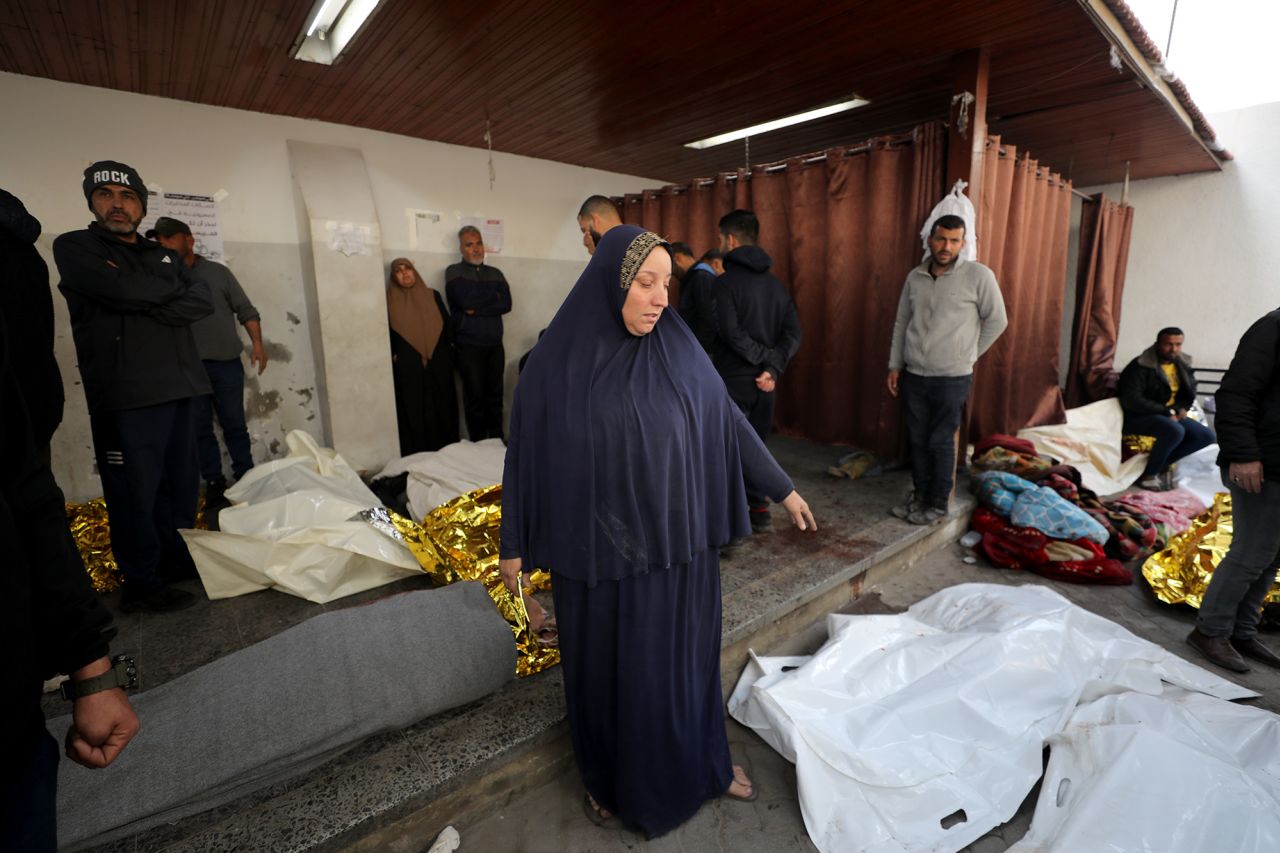
Israeli Prime Minister Benjamin Netanyahu is said to have scuttled attempts at a Gaza ceasefire deal for months, but now he’s supporting one. This delicate balancing act has raised eyebrows, as he’s walking a fine line between promoting peace and ensuring Israel’s security.
Netanyahu’s office has been emphasizing how tough he is in ensuring that Israel gets everything it wants out of the talks, but this public display of negotiation seems undoubtedly political.
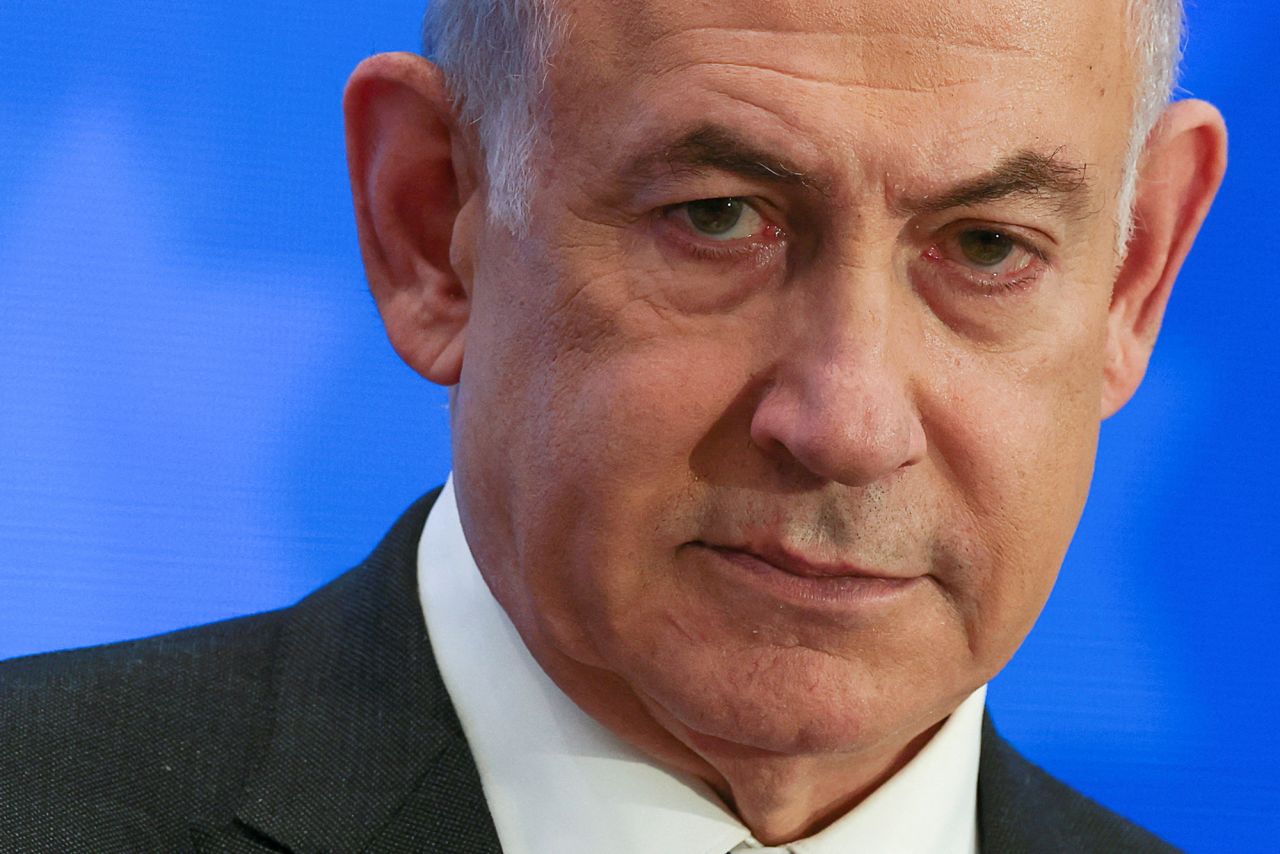
Scuttling Deals and Supporting the Agreement
According to Israeli officials, Netanyahu’s stance on the deal is not a change of heart, but rather a tactical move to strengthen his government’s position.
By supporting the agreement, Netanyahu is likely trying to appease his domestic critics, who have been calling for a tougher stance on Hamas.
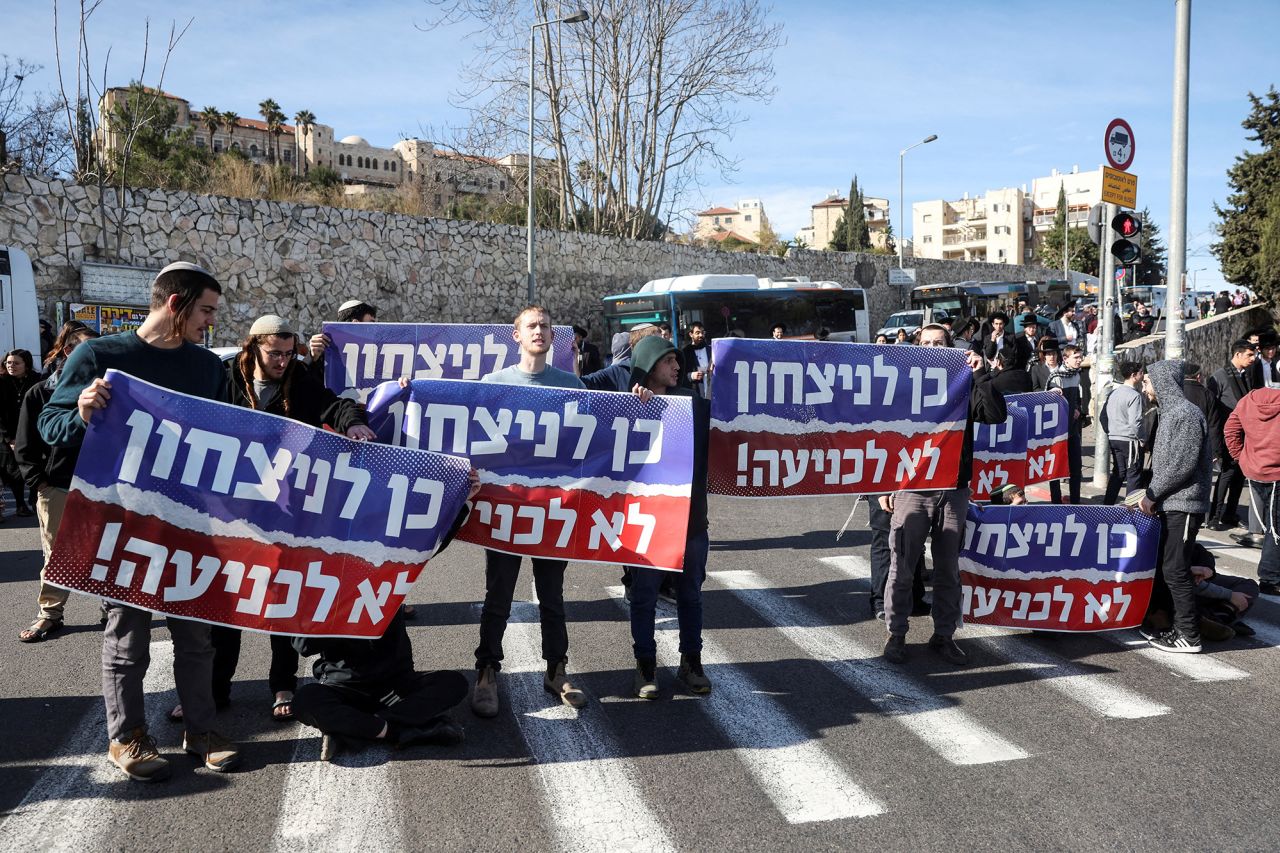
Walking the Fine Line Between Peace and War
Netanyahu’s government is facing opposition from extremist nationalist ministers, who are worried that the ceasefire will lead to a permanent peace in Gaza, and the military will no longer be able to attack Hamas.
This tension is likely to continue, as Netanyahu’s government is also facing pressure from the international community to end the conflict.
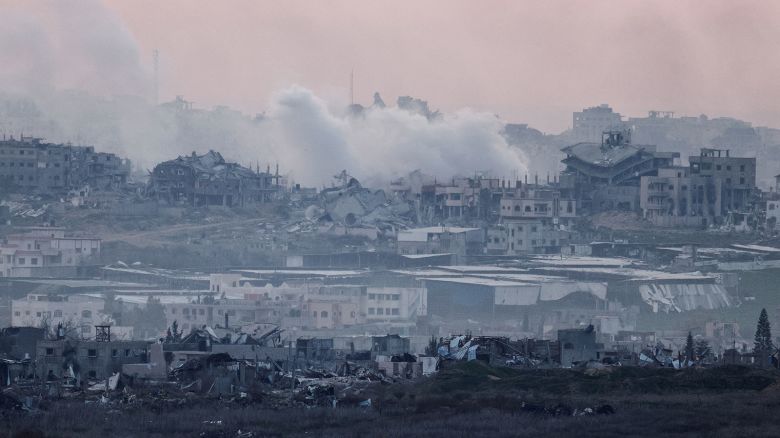
Implications for Netanyahu’s Government
The implications of Netanyahu’s stance on his government are significant, as it could lead to a split within the coalition.
Finance Minister Bezalel Smotrich, who has vehemently opposed the agreement, has so far equivocated on whether he would leave the government.
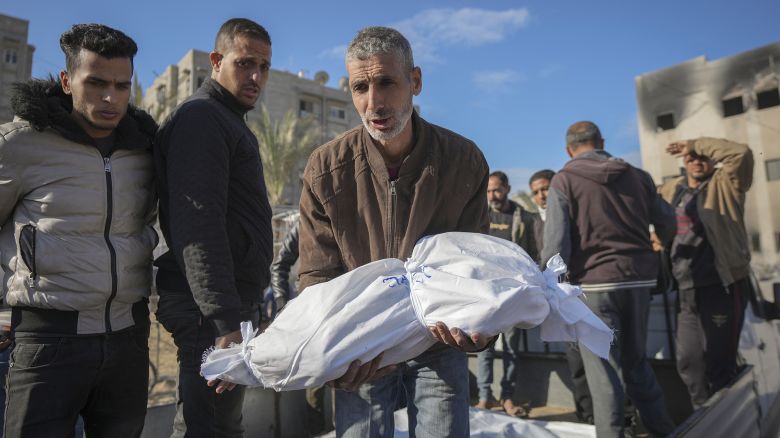
The Deal in Question
The Gaza ceasefire-hostage deal was announced on Wednesday, but the details are still unclear.
Hamas has agreed to release the Israeli citizens and the remains of two Israeli soldiers, while Israel has agreed to ease some of its restrictions on Gaza.
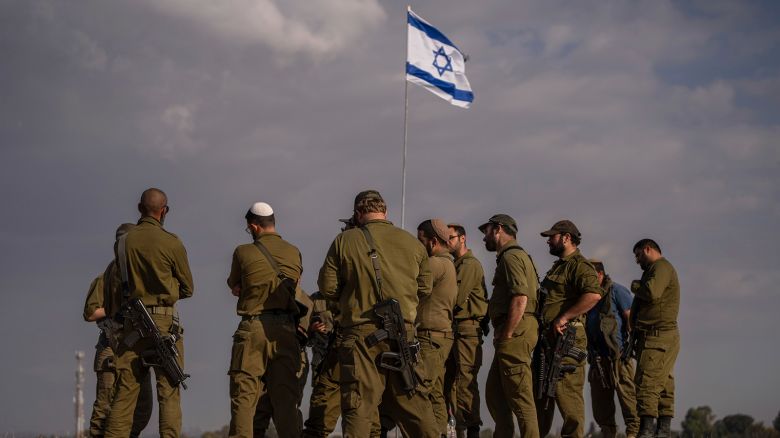
What Hamas Has and Hasn’t Agreed To
Hamas has accepted the ceasefire agreement, but the terms of the deal are still being negotiated.
The agreement includes the release of the Israeli citizens and the remains of the two Israeli soldiers, as well as the easing of some of Israel’s restrictions on Gaza.
The Israeli Cabinet’s Stance and Delayed Vote
The Israeli cabinet was set to vote on the deal on Thursday, but the vote was delayed after Hamas reneged on some of its commitments.
The cabinet will not convene until the mediators notify Israel that Hamas has accepted all elements of the agreement.
Hamas’s Commitment to the Ceasefire
Hamas has committed to the ceasefire agreement, but its commitment is conditional on Israel’s compliance with the terms of the deal.
Hamas has warned that it will not honor the agreement if Israel fails to meet its commitments.
The Fallout and Implications
The fallout from Netanyahu’s stance on the deal has been significant, with nationalist ministers in his government threatening to topple the government.
Finance Minister Bezalel Smotrich has said he wants to leave the government if the agreement is passed, while National Security Minister Itamar Ben Gvir has said he will do everything in his power to stop the deal.
Nationalist Ministers’ Reactions and Threats
The nationalist ministers in Netanyahu’s government are opposed to the deal, citing concerns about the security implications for Israel.
They argue that the deal will lead to a permanent peace in Gaza, and the military will no longer be able to attack Hamas.
The Impact on Israeli Society and Politics
The impact on Israeli society and politics is significant, as the deal has raised questions about the government’s commitment to its citizens’ security.
The deal has also sparked debate about the role of the military in Israeli society, with some arguing that the military should be used to protect Israel’s citizens, while others argue that the military should be used to promote peace and security in the region.
The Role of International Mediators and the US
The role of international mediators and the US in the deal is significant, as they have played a key role in negotiating the terms of the agreement.
The US has been pushing for a ceasefire, while international mediators have been working to resolve the conflict.
The Road Ahead
The road ahead for Israel and Hamas is uncertain, as the deal is still being negotiated.
The possibility of further conflicts and negotiations is high, as the parties involved are still working to resolve their differences.
What’s Next for Israel and Hamas?
The next steps for Israel and Hamas are unclear, as the parties involved are still working to resolve their differences.
The possibility of further conflicts and negotiations is high, as the parties involved are still working to resolve their differences.
The Possibility of Further Conflicts and Negotiations
The possibility of further conflicts and negotiations is high, as the parties involved are still working to resolve their differences.
The global context and international pressures will likely play a key role in shaping the next steps for Israel and Hamas.
The Global Context and International Pressures
The global context and international pressures will likely play a key role in shaping the next steps for Israel and Hamas.
The international community has been pushing for a ceasefire, and the parties involved are likely to feel pressure to comply with the terms of the agreement.
Conclusion
As the article reports, Israel has delayed a cabinet vote on a Gaza truce, citing Hamas’ alleged reneging on parts of the deal. The key points revealed that Hamas had agreed to a ceasefire agreement, but its commitment to ceasing hostilities and returning the bodies of Israeli soldiers and civilians was called into question. The Israeli government’s decision to delay the vote underscores the complexity and sensitivity of the situation.
The significance of this development cannot be overstated. The fragile ceasefire and the subsequent delay in the cabinet vote underscore the tenuous nature of the truce and the ongoing stalemate in the Israeli-Palestinian conflict. The implications are far-reaching, with the potential for further escalation and violence if the deal collapses. Moreover, the delay may also have a profound impact on the humanitarian situation in Gaza, where many civilians continue to live in dire conditions.
As the situation continues to unfold, it is crucial for all parties involved to remain committed to the principles of peace and diplomacy. The international community must also play a constructive role in promoting dialogue and finding a lasting solution to the conflict. As we move forward, it is essential to recognize that the fate of millions of people hangs in the balance. “As the world watches with bated breath, the future of the Middle East hangs precariously in the balance. It is imperative that we hold on to hope and work towards a brighter, more peaceful tomorrow.”
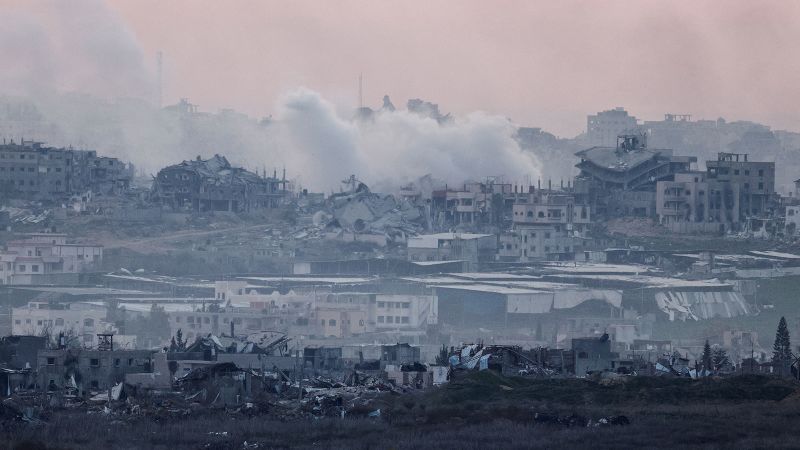



Add Comment